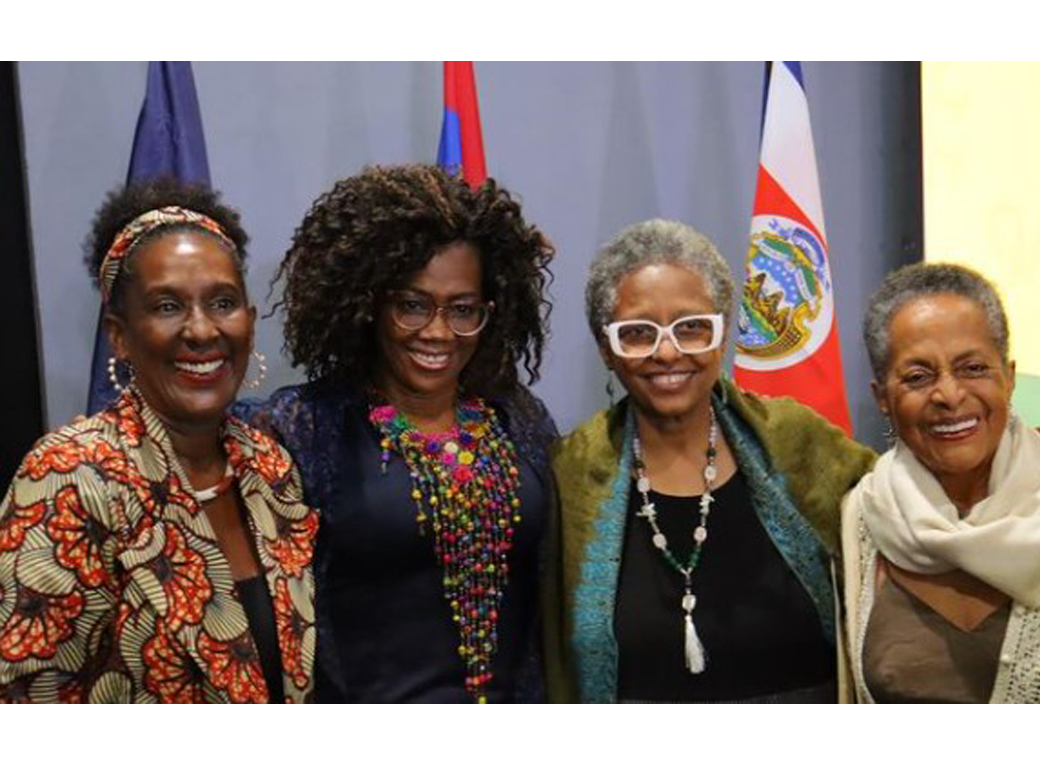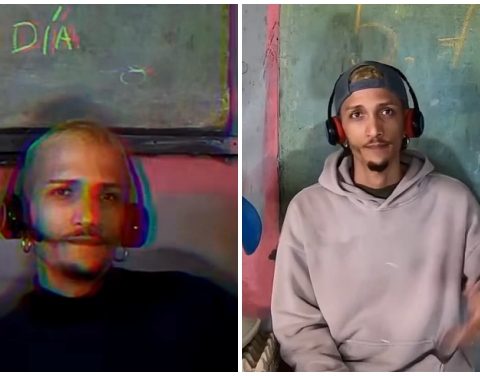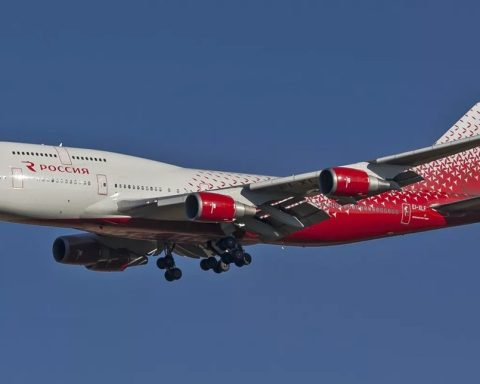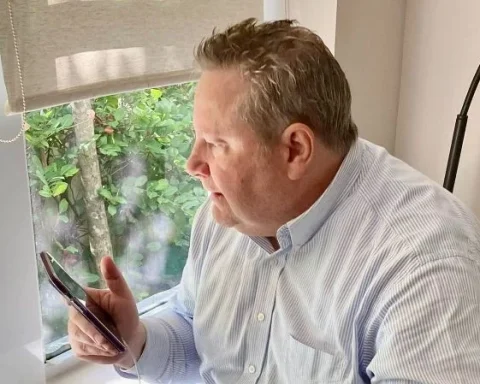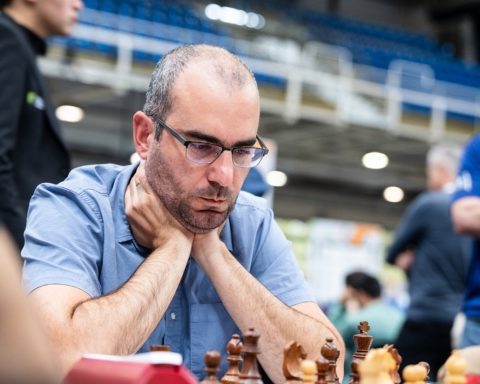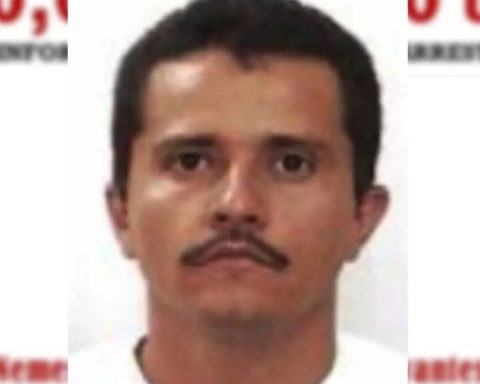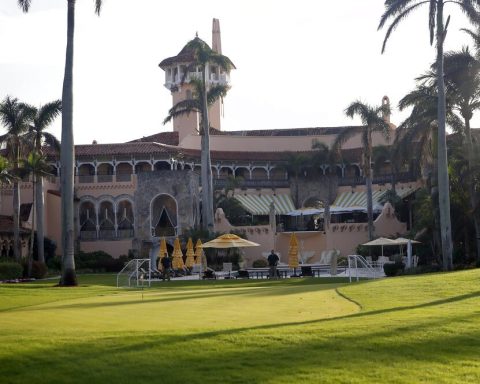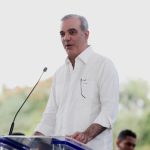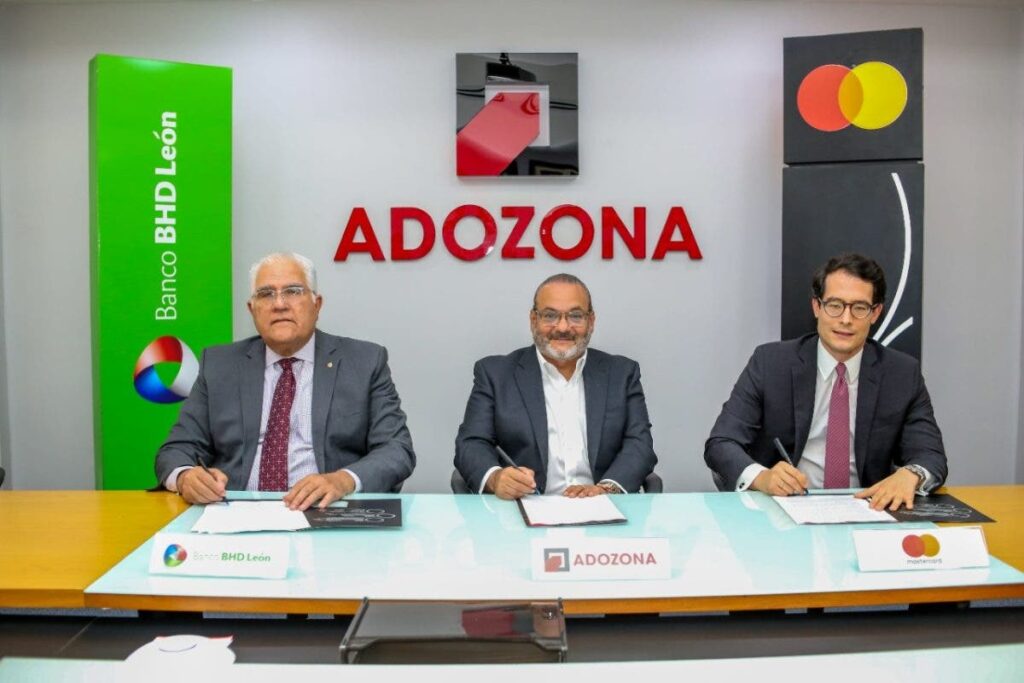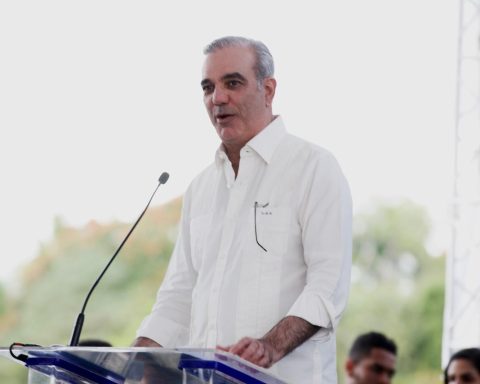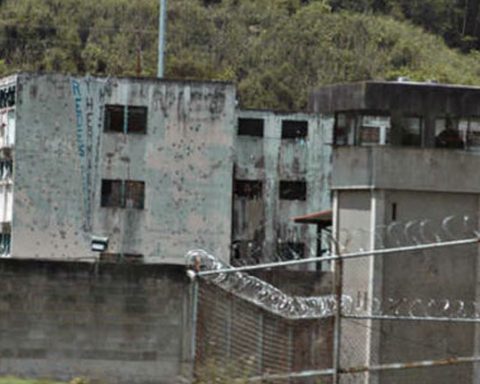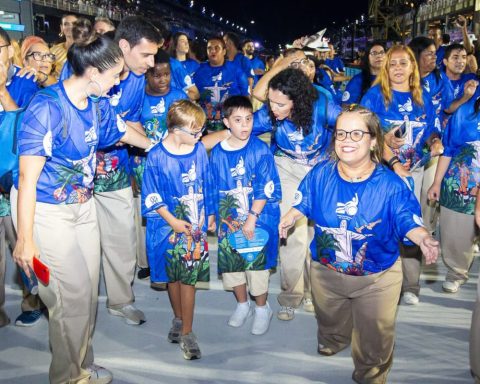The archipelago of Puerto Rico has long been a stronghold of Afro-Caribbean cultural expression and Pan-African organization. Figures such as Afro-Puerto Rican intellectual Arturo Alfonso Schomburg have shown global leadership within the black movement. In Puerto Rico, at the end of the 19th century, Schomburg founded an archive of world Africanism that is still considered the largest of its kind in the world. Today that archive is located in the “Schomburg Center for Research on Black Cultures”, a campus of the New York Public Library, located in the heart of Harlem, New York, where Schomburg shared participation with José Martí, both in the “Club Dos Antillas” of the Cuban Revolutionary Party, as well as in “La Liga”, a mutual aid organization led by black Cubans and Puerto Ricans that advocated both the independence of Cuba and Puerto Rico, as well as the collective empowerment of Afro-descendants.one
In that Puerto Rican key of Afrodiasporic memory, the Afro-descendant International Summit, which took place from March 21 to 27 at the University of Puerto Rico. The event is part of a long-standing tradition in the country that dates back to the times of Alfonso Schomburg and currently lives in the leadership of black women such as Marta Moreno Vega, founder of the “Caribbean Cultural Center: Institute of the African Diaspora” and Miriam Jiménez Román, founder of the “Afro-Latina/o Forum”, both living institutions with a leading role in the articulation of the African diasporas of the Americas and the world. Playing that drum Afro-descendant Summit It was organized by a team headed by the prominent Afro-Puerto Rican writer Mayra Santos Febres, who directs a recently created Bachelor’s program in African Studies at the University of Puerto Rico. The election of the dates for the celebration of the event responded to two significant moments for the Borinqueño archipelago: March 21, International Day for the Elimination of Racial Discrimination, and March 22, the day that was conventionally celebrated as the ephemeris of the Abolition of Racial Discrimination. Slavery in 1873, and now, after the approval of a bill presented by Afro-Boricua Senator Ana Irma Rivera Lassen, it was baptized as the “National Day for the Eradication of Racism and Affirmation of Afro-descendants”, the first step towards a state policy against racism in Puerto Rico.
The Afro Summit It was a great event that was attended by activists, artists, academics, students, community leaders, sports and media personalities, and government leaders from both the Americas and the African continent. Its robust week-long program included debates ranging from anti-racist politics, Afro-Latin American literatures and maroon aesthetics, black feminisms, sexual diversities and ethnic-racial politics; to racial justice strategies at the state level and in community work, socio-racial inequalities and socio-economic development strategies, Afro-descendant political pedagogies and anti-racist education, as well as plans and perspectives for African Studies and Afro-epistemologies. The programmatic richness of The top he also articulated a series of book presentations, both historical and social research, as well as literary creation; in addition to dance, music, and healing workshops.
One of the most sublime moments of The top It was the concert of the Afro-Peruvian singer Susana Baca at the Theater of the University of Puerto Rico (UPR), where the versatile tessitura and sweetness of her voice intertwined with the fine presence of Maroon choreography by force of Ochún’s smile. Her interpretation of “Las caras lindas de mi gente negra” by Afro-Boricua composer Tite Curet Alonso was memorable, to the point that it was repeated at the end of the concert, with the participation of William Cepeda on trombone and Dean Carlos Sánchez on flute. .
Another moment of high emotion was the interview, by the Afro-Colombian journalist Edna Liliana Valencia, with two proud Afro-Boricuas, the Olympic champion Jasmine Camacho-Quinn and the baseball glory Carlos Delgado, who expressed both their anti-racist awareness and their commitment with Puerto Rican culture and identity.
A key issue that cut across the dialogue and debate at the Afro Summit was the demand for Afro-reparations, a line of justice that was strengthened at the Third World Conference Against Racism, held in Durban-South Africa in 2001, where declared transatlantic slavery as a “crime against humanity” and, therefore, reparation policies were demanded for the persistence of the network of intertwined violence and inequalities that persist in structural racism against black bodies, territories, memories, knowledge and cultures of the world, that is, against the African continent and the global African diaspora.
As stated by Epsy Campbell, Vice-President of Costa Rica, the claim for Afroreparations is part of an initiative of the “International Coalition against Structural Racism”, which is betting on a new world order to combat systemic racism; something crucial to obtain comprehensive justice (social, sexual, ecological, epistemic) for everyone. Today, the most sustained regional initiative for Afroreparations is launched by the CARICOM community of Caribbean States, which challenges Puerto Rico, both because of the importance of its Afro-descendant cultural profile, and because of the content of decolonization present in the Afroreparations claim. Reparative justice must recognize that both geopolitical domination, as well as expropriation and economic exploitation by imperial powers and transnational capital, which have historically subordinated the Caribbean, are crucial dimensions for the Afroreparations proposal to create a new order of power. world as a strategy of historical justice. In this key, Afroreparations are outlined as decolonization policies and liberation resources. The Afro-descendant Regional Articulation in the Americas and the Caribbean-ARAAC, which was also represented at the Summit, has assumed the banner of Afro-reparations as an ethical-political principle and a measure of historical justice of a global nature, while at the same time developing particular strategies in different places, as is happening in places in Argentina, Brazil, Colombia, Ecuador, the United States, Honduras, Uruguay and Venezuela. two In Colombia, with the display of popular power and the electoral strength of the movement I am because we arewhich launched Francia Márquez’s candidacy for the country’s presidency, is seriously studying the creation of a Ministry of Equality, Peoples, and Citizenship, in which a Reparations Fund would be created for the first time on a global level.
Indeed, in the Afro Summit Mention could not be missing of Francia Márquez, whose leadership in the Colombian public sphere represents the most significant historical advance in Afro politics in the Americas. The public attending the event applauded the announcement made by the Afro-Colombian intellectual-activist Alfonso Cassiani Herrera, that Francia Marquez will be the first black woman in the race for the vice presidency in more than two hundred years of existence of the Colombian Republic. Moreover, in a table titled, Ubuntu: Our Communities. Housing, Development, and Equity, I had the opportunity to share with Carmen Villanueva and Modesta Irizarry, two community leaders in Puerto Rico, who highlighted how a new, fully democratic way of doing politics can be built from the grassroots, building alternatives from below, to the patterns and practices of dispossession and exile, a network of violence (social, racial, sexual), ecological deterioration, and marginalization suffered by the Afro-descendant majorities in the Americas. Carmen Villanueva and Modesta Irizarry were identified in the leadership of Francia Márquez, in their campaign closing slogan “Let’s go from resistance to power, until dignity becomes customary”, because they are sister voices of grassroots black women who They are taking the baton for the construction of new forms of power on the continent. Going against the current of the deepening of inequalities and violence embedded within the pattern of neoliberal capitalist globalization that prevails, which is exacerbated in this era of crisis of civilization, Francia Márquez, like Carmen Villanueva and Modesta Irizarry, are “women of African descent fighting for their territories and for life”. It is a collective wager against the policies of “making die” and “letting die”, which have been stripped bare with the pandemic.
The Afro Summit 2022 it was the first of a series that will be made from now on. The Bachelor’s Program in African Studies of the University of Puerto Rico, under the direction of Mayra Santos Febres, has the guardianship of the process initiated by the recently concluded Summit Afro. Many ideas were born at the event and several important projects were consolidated, including the launch of an international initiative for the construction of racial equity by the Community Foundation of Puerto Rico in association with the Summit. In an Afro-Boricua key, once again we defeated the false nineteenth-century idea that we are “the whitest of the Antilles.” The beautiful faces of my black people, of the Americas and the world, enriched with their rainbow of wisdom and hope, in Borinken, the present and future of the democratization of democracy and the humanization of humanity, in the key of Africanism. Tuning that rhythm, walking towards that horizon, the Afro Summit was a bombshella long touch and dance of Bomba word that, in addition to denominating Afro-Boricua music and dance genres, 3 as master Robert Farris Thompson taught us, it means, in creolized ki-kongo, “action that refreshes the spirit”.
***
Grades:
* Borinken is the indigenous name for the island we now call Puerto Rico. That is why we Puerto Ricans call ourselves “Boricuas”.
one See, Vanessa K. Valdés (2018). Diasporic Blackness: the life and times of Arturo Alfonso Schomburg. State University of New York Press; and, Jesse Hoffnung-Garskof (2021). Racial Migrations: New York City and the Revolutionary Politics of the Spanish Caribbean. Princeton University Press.
two See, Agustin Laó-Montes (2020). Diasp counterpointseitherrich: Cartographies Politics of Our Afroamanddelicious. Externado University.
3 It is also called “bomba” to the music and dance originating from the black cultures of the Chota Valley in Ecuador.
